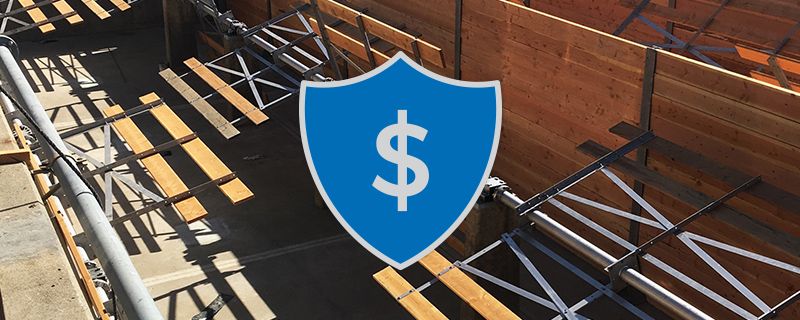Horizontal Paddle Wheel Flocculators (HPWF) are the most popular and most economical flocculator used in water treatment plants. These flocculators are designed with 10 State Standards in mind. Plants are concerned, not only about the cost of the equipment, but also the process advantages that it gives them. With Horizontal Paddle Wheel Flocculators designed under the 10 State Standards plants do not have to worry about the quality of floc particles it creates as may be the case with impeller flocculators. Typical cost of a Horizontal Paddle Wheel Flocculator depends on factors such as, current plant layout/design considerations, and plant preferences.
Typical cost of a Horizontal Paddle Wheel Flocculator Factors
- Per drive cost
- Per reel cost
- Basin Design
- Material selection
The typical cost of a HPWF can have a wide range depending on some factors. The typical starting cost for a full system can be around $50,000 and go up to $5,000,000. Two main factors that go into this price are the per drive cost and per reel cost. Per drive can depend on a few factors; horsepower, brand, any additional add-ons but usually is anywhere from $10,000 to $20,000. Per reel cost also can change in cost depending on material selection but usually ranges from $10,000 to $15,000.
The basin design can have a drastic difference in the cost of a Horizontal Paddle Wheel Flocculator. The flocculator design can be either parallel or perpendicular to flow.
Material selection for HPWF can effect long term life cycle cost of the piece of equipment but up front there is no price difference between stainless steel and carbon steel. There is a 10% price difference between 316 and 304 stainless steel. Shaft selection for a HPWF can affect price also. The optimum/most cost effective length of each reel is 21 feet and no longer. This can save on manufacturing cost and reduce overall cost.
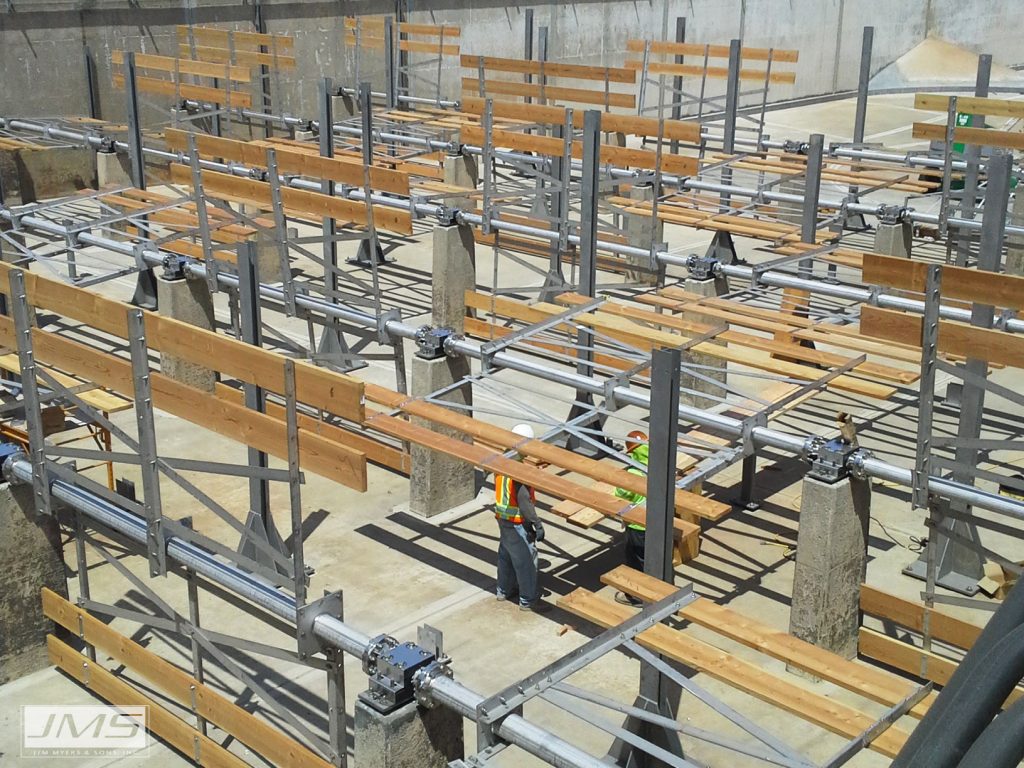
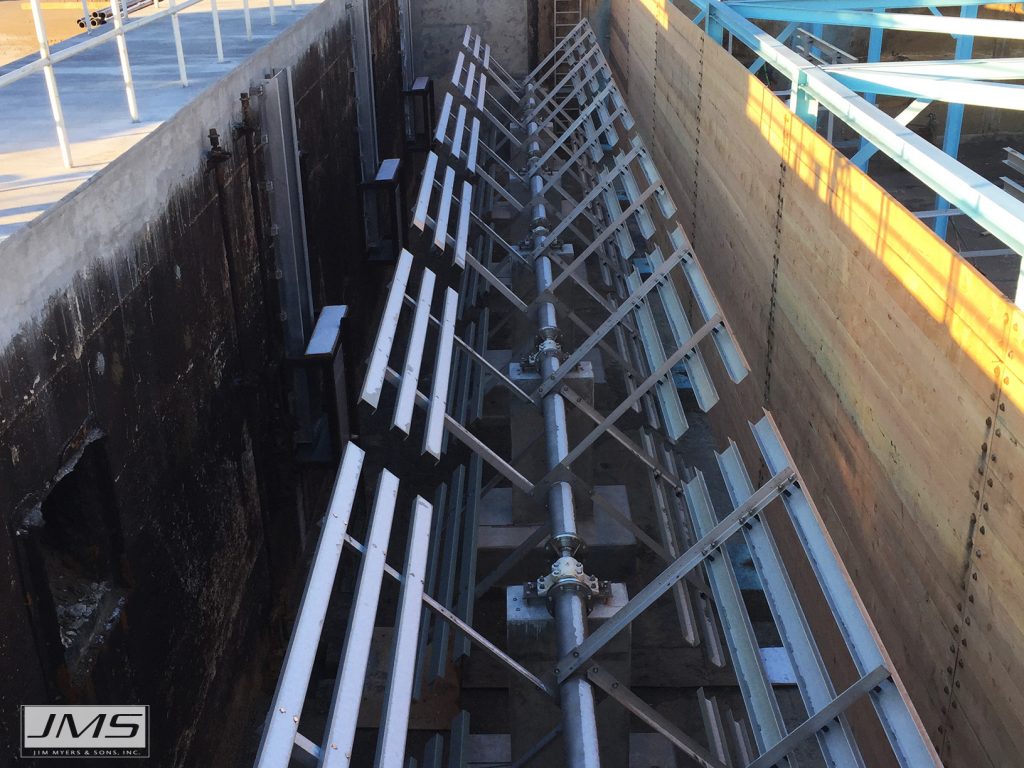
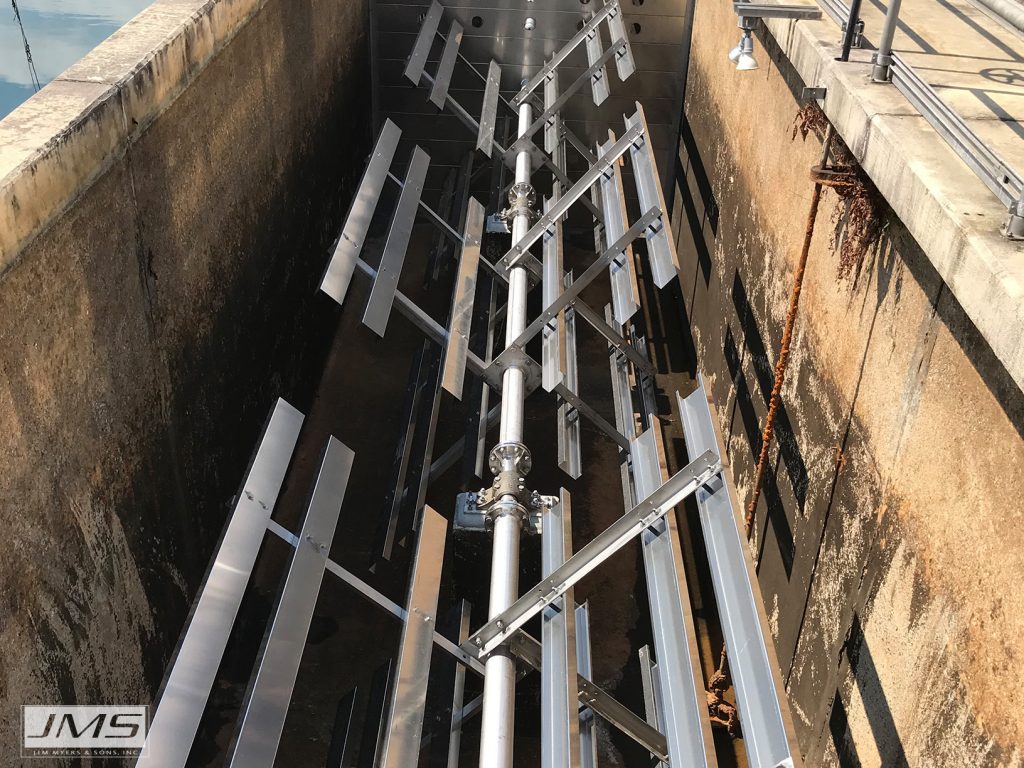
Paddle selection for the flocculator can impact cost as well. Stainless steel paddles are the most expensive that add 3% overall cost. There are two selections for fiberglass polyester and vinylester. Polyester is the lower of the two options and there is a 3% difference between polyester and vinylester. Depending on wood and grade selected for wooden paddles (such as redwood, douglas fir, clear all heart, or construction grade) it can be either more expensive than stainless steel or equal to polyester.
When it comes to drive style selection between wet chain, drive chain, and direct drive the cost is around the same for each of these option.
All Horizontal Paddle Wheel Flocculators are going to need bearings. There are two main selections for bearings; stainless steel and nonmetallic. Stainless steel comes with a higher cost but saves cost for the plant in life cycle cost.
Josh Franks is a Sr. Applications Engineer and has been with JMS for 11 years. Over this time, Josh has had the opportunity to assist our reps in selling equipment from the Mega-TREATMENT, Bio-HANDLING, and Delta-SEPARATION product lines. Currently, he focuses on the Mega-TREATMENT product lines. He has a BS in Mechanical Engineering from NC State University and is a licensed P.E. in North Carolina since 2011. In Josh’s words, “I have enjoyed working with many of you over the last decade, and hope we can continue to grow together in the decades to come.”
